
Short stories are all the rage in Hollywood right now because they are extremely adaptable.
Things have gotten really strange in the intellectual property wars in Hollywood. You know what IP is, properties that you develop into movies and TV shows. And there has been a surge to make sure most ideas out there are based on IP, so they can prove to buyers there’s already a market for them.
I find this to be annoying, but that’s not what this article is about.
Short stories have become one of the building blocks of this version of Hollywood. People are writing them themselves to then try to package them with a screenplay or just optioning them to adapt.
Transforming a short story into a screenplay can be a thrilling yet challenging endeavor.
This comprehensive guide aims to provide filmmakers and screenwriters with insights, tips, and strategies to successfully adapt short stories into compelling screenplays for film and television. And to help you ride that IP wave.
Let’s dive in.
How To Adapt Your Short Story Into A Screenplay For Film and TV
Adapting a short story into a screenplay for film and TV requires careful consideration and skillful execution.
Remember, adapting a short story into a screenplay requires a balance between honoring the original material and embracing the visual storytelling potential of film and TV. Stay true to the essence of the story while embracing the unique elements of the cinematic medium.
Why Adapt Short Stories?
Adaptations have become a prominent trend in the film industry, with successful movies being derived from a smorgasbord of intellectual properties such as video games, comic books, and most notably, literature.
Some critically acclaimed films like The Birds, Brokeback Mountain, and Memento originated from short stories, demonstrating the potential of this medium for cinematic reinterpretation. The concise and punchy narratives typical of short stories can make them excellent sources for big-screen treatment.
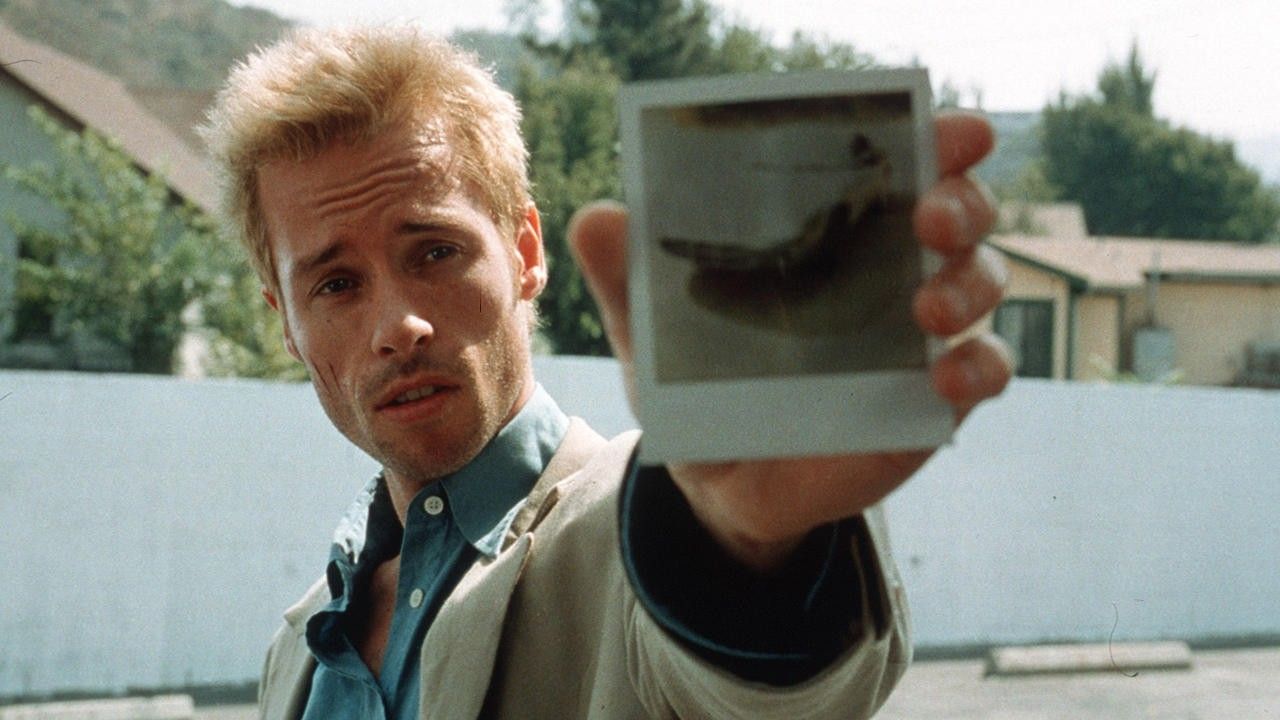
What Makes a Good Adaptation?
A good adaptation is not just about converting text into screenplay format or maintaining every detail from the original story. It requires identifying the essence of the story, understanding the author’s intent, and reimagining it in a way that suits the cinematic medium while staying true to the story’s core.
An excellent adaptation should feel like a standalone piece that can stand up on its own merits, independent of its source material.
For my money, one of the greatest adaptations of all time is that of Andre Dubus’ “Killings” which was adapted by Rob Festinger and Todd Field into the screenplay for In the Bedroom.
It expands on the short but keeps the core of the story and emotional hook.
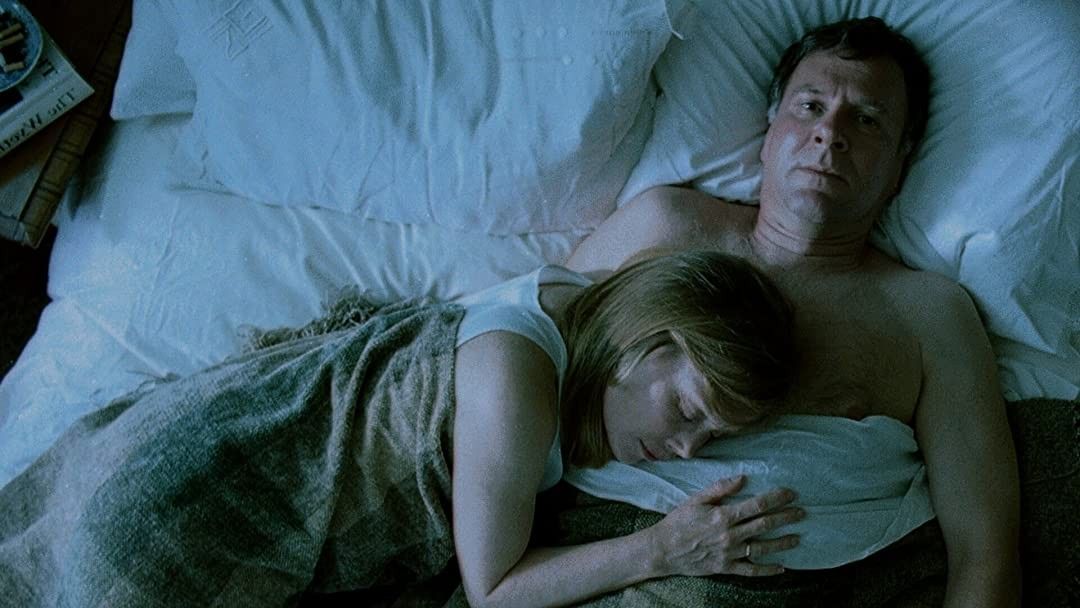
Find a Story that Resonates
First things first, go find your short story. Maybe that means contacting an author or sitting down to write it yourself but get it. Never adapt something you don’t have the rights to, that can be a recipe for wasted time and work.
Once you have the short story, it’s time to get to work.
It’s essential to pick a story that excites you, one that you connect with personally and feel you can bring a unique perspective to. The story should make you wonder, “Why isn’t this a movie?” indicating that it lends itself well to a cinematic adaptation.
What makes you the right person to make this a movie? Why does it connect with you?
Make sure it pops out and drives you to write.
Obtain Permission for Adaptation
As I said above, permission matters!
Don’t waste your time adapting something you’re not allowed to or cannot own. There’s plenty in the public domain if you’re at all worried about that kind of stuff.
Before proceeding with the adaptation, ensure you have obtained the author’s permission. Research copyright laws to understand your obligations. If the story is in the public domain, you have the liberty to adapt it without requiring permission.
However, if you’re adapting a copyrighted work, you need to negotiate the rights with the author or the copyright holder.
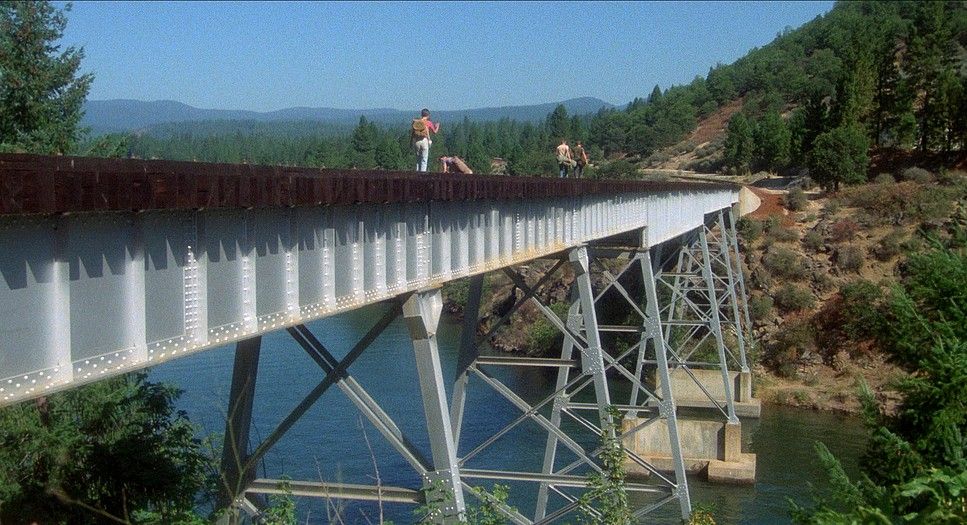
Don’t Get Too Attached, But Respect the Story
While it’s important to respect the original story, don’t get too attached to it. Some elements might need to be altered or omitted to suit the cinematic format. By not clinging rigidly to the original text, you allow yourself the freedom to creatively interpret the story for the screen.
Not everything needs to come over in the work. You don’t need to add a voiceover for inner thoughts or keep characters if they don’t make sense You just need to find your voice within the story and bring it to the feature or TV adaptation.
Think and Write Cinematically
You’re making movies and TV, not writing books. Film is a visual medium, vastly different from prose. Do not forget it. The passage may read beautifully, but it’s got to hit the screen and have the same impact.
When adapting a short story into a screenplay, you need to think about how to translate the story’s themes, characters, and settings visually.
Your role is to bring the story to life more vividly than the written version. You need to externalize internal emotions into actions, prioritize showing over telling, and devise ways to express the story’s essence visually.
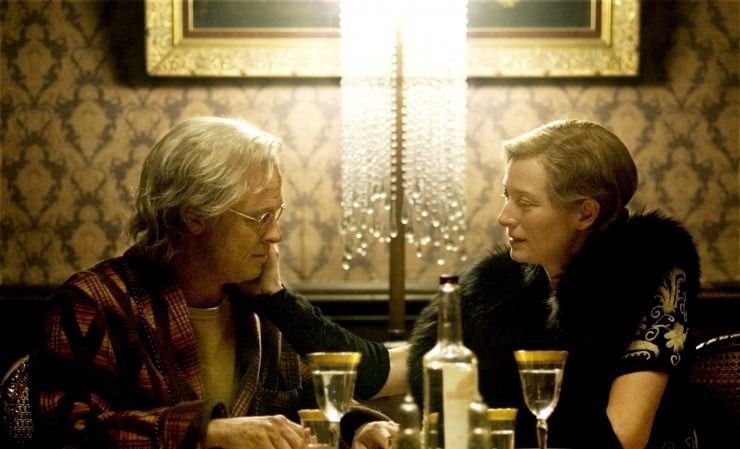
Expand the Story
They’re called short stories for a reason. You’re probably going to need to buckle down and find something so much longer to imbue into the story.
One of the daunting tasks in adapting a short story is expanding it to fill a feature-length runtime. This requires immersing yourself in the story and inventing new characters or scenes that align with the narrative. This is also an opportunity to get creative and explore directions the original author might not have considered.
Take the themes and motifs to the brink.
Learning From the Pros
At the end of the day, the best way to learn about adapting short stories into screenplays is to actually read short stories and then analyze what makes them great. or even read some stinkers and see where they lost their way.
For instance, Minority Report offers valuable insights into how dialogue can verbalize the conflict communicated through descriptions in the original story. Examine how the characters are developed, how conflicts are depicted, and how the theme is explored in both versions.
The Ben Stiller movie, The Secret Life of Walter Mitty, was based on James Thurber’s “The Secret Life of Walter Mitty,” which was originally published in The New Yorker in 1939. So a lot of time was spent updating the story for the modern era but keeping the core of why it connected.
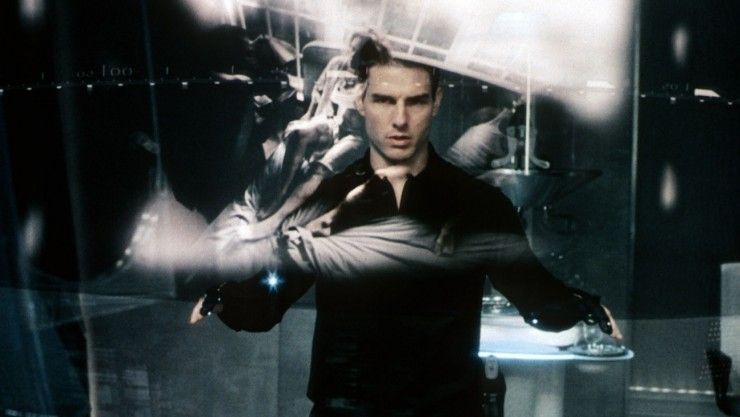
Crafting the First Draft
Now, it’s time to start writing. Yes, that scary blank page. but you’re ready for it.
At this point, don’t fret too much about formatting mistakes. Consider using storyboarding tools to visualize how your story might look. Remember, the aim of converting a story into a script is to make it visually compelling. Emphasize bringing the words to life through visuals.
And also, don’t be afraid to outline the major beats of the plot and tackle it like it’s an original idea.
Review and Rewrite
Once your script is in good shape, seek feedback. You never know who might be interested in producing or collaborating on the project. Constructive criticism can provide valuable insights to refine your script and make it more appealing to your target audience.
All writing is rewriting!
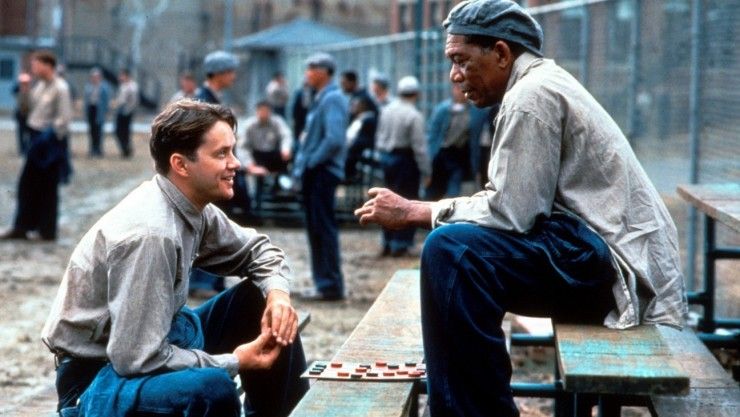
Summing Up How To Adapt Your Short Story Into A Screenplay For Film and TV
Adapting short stories into screenplays is an art that requires creativity, an understanding of the cinematic medium, and respect for the original story. It’s a challenging yet rewarding process that can significantly improve your storytelling skills. Whether you’re adapting a story for a major production or just for practice, the experience can offer valuable lessons and contribute to your growth as a writer.
Remember, the key to successful adaptation lies in maintaining the essence of the original story while reimagining it for the screen. So, pick up a short story that captivates you and start your adaptation journey today.
Your brand voice is informative and engaging, with a conversational tone that resonates with the creative and tech-savvy audience. The language is clear, concise, and industry-specific, emphasizing the brand persona as a knowledgeable and approachable resource for film, media, and technology enthusiasts.
Now stop procrastinating and get writing.














